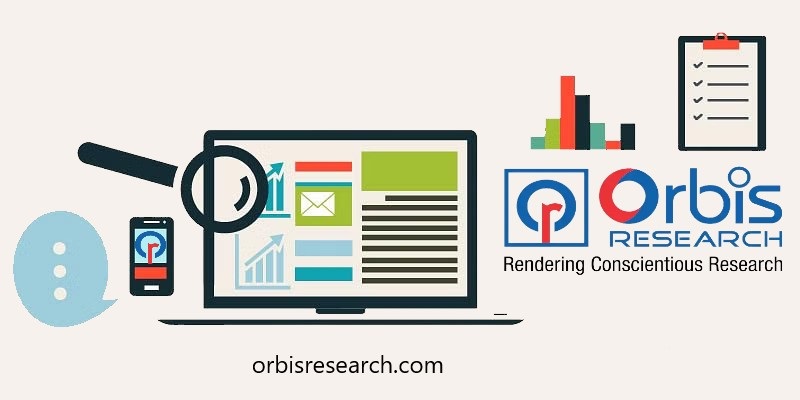Pay-per-click advertising, commonly referred to as PPC, is an effective way to generate more bookings on your website. This hotel advertising strategy needs to be well considered and effectively implemented in order to increase your site visitors and conversion rates.
Here’s everything you need to know about PPC for hotels:
What is a PPC campaign?
A PPC campaign, or search engine marketing campaign is an advertising campaign in which a hotel targets a keyword to promote their website to a specific set of online searchers.
The number of clicks the link receives dictates the amount that is paid for the campaign, making it a cost-effective way to drive traffic to your hotel website. However, it’s important that your PPC campaign does more than simply generate a tonne of clicks. It needs to attract motivated travellers who are interested and highly likely to book a room at your hotel.
How should you choose a PPC keyword?
The heart of any PPC campaign is the keyword. It’s important you perform adequate research about the target audience and their online search habits before selecting a keyword for the next PPC campaign.
Keywords need to be relevant to your brand, but also specific enough to reach the target audience that is most likely to book with you.
For example, you would want to include popular versions of your keyword search phrase as well as long-form versions identifying specific locations and other important details.
A PPC campaign is an effective way to get more of your guests to book direct.
Click to tweet
Why should you choose PPC for hotels?
PPC is an easy and cost-effective way to increase your site traffic and conversions. While your SEO strategy will help improve your rankings on the search result page, your PPC campaign will improve your visibility and boost traffic among your most motivated market segments. Learn more about market segmentation from Nutshell.
It is an advertising technique that can be easily customised to meet the needs of your brand, and it can be employed across all of your website landing pages, social media profiles and email marketing campaigns.
It is also not uncommon for OTAs to bid on hotel brands in their own PPC campaigns. A quick glance at your auction insights brand campaign in Google Adwords will tell you whether OTAs are bidding on your hotel brand and how their ads are performing against yours. To counter the sales lost to OTAs bidding on your brand it is important for you to be bidding on your own brand too. You can also bid on your hotel brand and the name of the OTA to try and recapture some of the lost traffic.
How can you improve your pay-per-click strategies?
If you have created a PPC campaign that is driving traffic but not converting visitors into customers, then it’s time to look at ways you can adjust this campaign.
One of the ways that you can do this is to add in an exclusive deal, such as a discount or promotional code. This will make site visitors feel like there is a reason to book quickly that directly benefits them.
In addition, every PPC campaign should be a mobile-friendly campaign, because an increasing number of hotel visitors are looking for information about places to stay from their smartphone and tablet devices.
What should you do with your PPC results?
At the end of each PPC campaign, it’s important that you track your metrics and analyse the data that is generated from the campaign. Today’s PPC campaigns are more refined than ever before, offering insight into the demographics of each site visitor that arrived at your hotel website.
You can learn about which types of visitors booked immediately, who abandoned the page entirely, and who spent the most amount of time browsing. This will help you redefine the purpose of your future campaigns.
https://www.siteminder.com/r/marketing/hotel-digital-marketing/pay-per-click-hotels-need-know/





